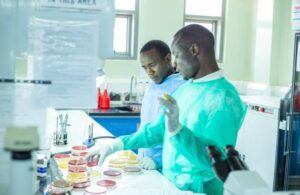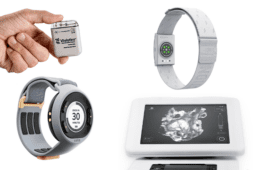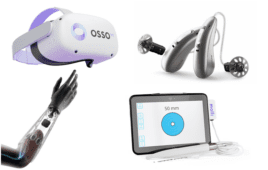
[Image from BD]
The collaboration builds on ongoing efforts to advance the role of diagnostics in addressing the challenge of antimicrobial resistance (AMR), according to a news release. The companies will survey existing diagnostic practices to highlight benefits and gaps in diagnostic testing in AMR stewardship to improve and advocate for patient care, clinical practice and healthcare economics.
“Diagnostic stewardship — meaning coordinated guidance and interventions to improve appropriate use of microbiological diagnostics to guide therapeutic decisions — promotes appropriate, timely diagnostic testing, including specimen collection and pathogen identification as well as accurate, timely reporting of results to guide patient treatment,” BD President of Integrated Diagnostic Solutions Brooke Story said in the release. “Research shows us that significant barriers must be overcome to make health care workers aware of the importance and positive impact of diagnostics on AMR.”
The collaboration aims to improve the implementation of the AMR Review organization’s recommendations for new rapid diagnostics to cut the unnecessary use of antibiotics, with COVID-19 placing AMR into focus.
Early case studies and surveys of COVID-19 treatment pathways showed a high proportion of antibiotic use despite the low risk of secondary bacterial infections in the majority of patients. The World Health Organization (WHO) issued a bulletin warning of the risk of the pandemic exacerbating the potential for AMR, BD said.
“Having the right diagnostic tools for the right contexts, and ensuring their uptake is crucial to fight antimicrobial resistance and save modern medicine,” Wellcome DRI Research Lead Dr. Gemma Buckland-Merrett said. “We need to preserve and sustain the efficacy and longevity of existing antimicrobials and protect the effectiveness of future drugs. This collaboration will help address the challenge and contribute to better outcomes for patients, clinical practice and health care.”




